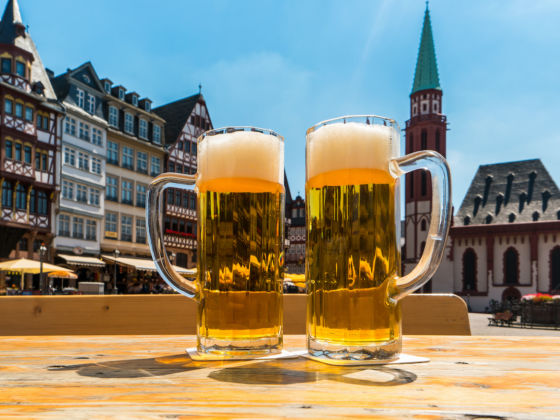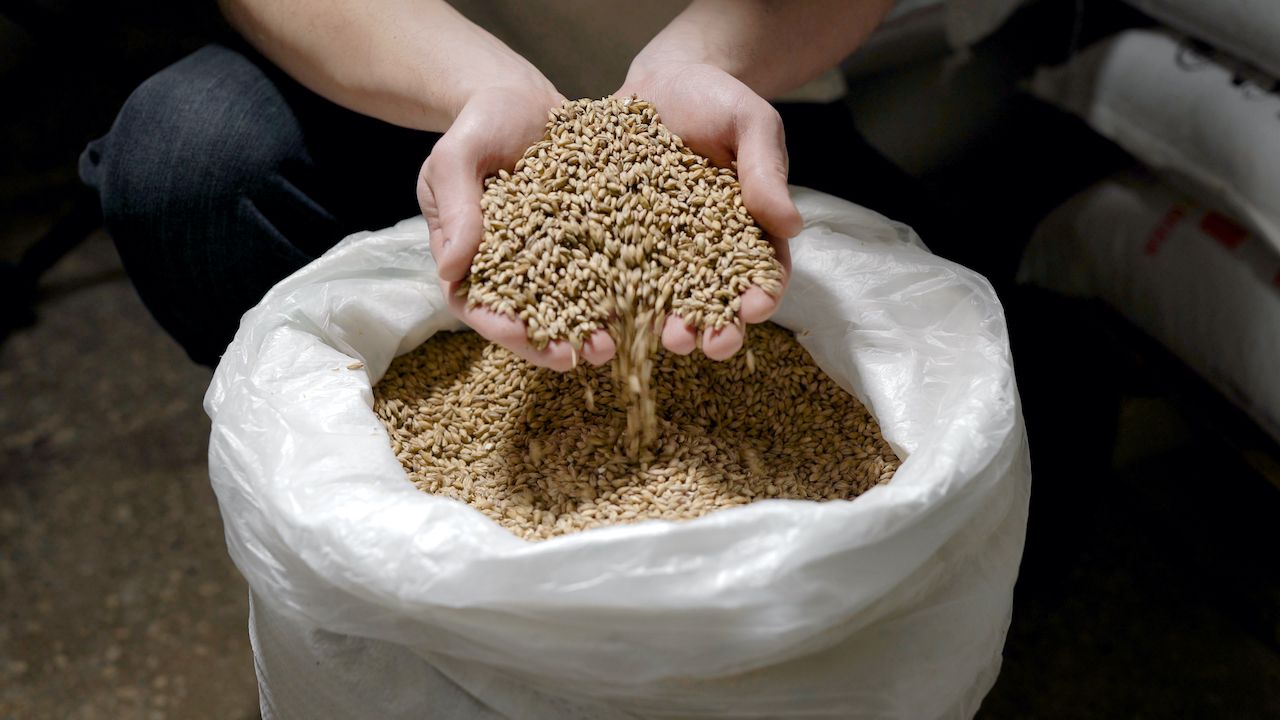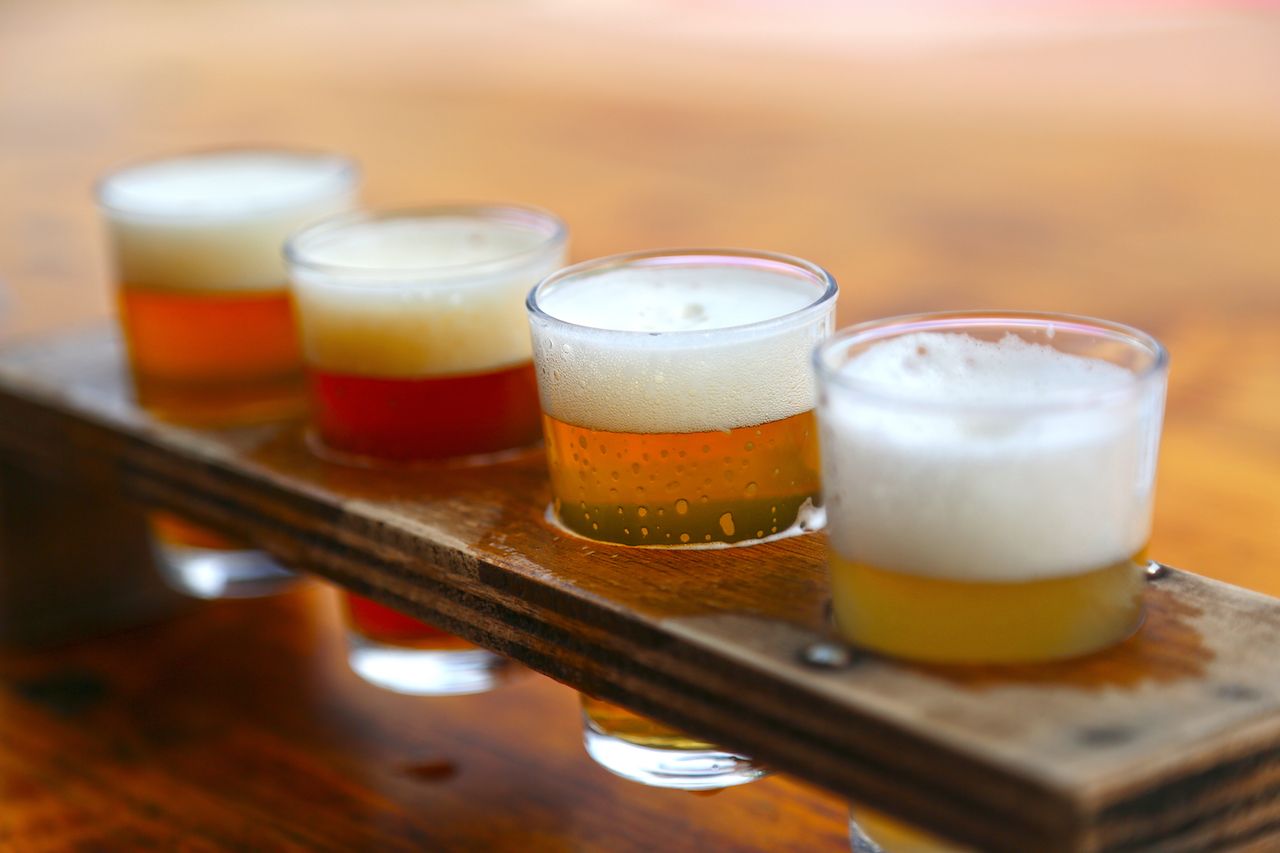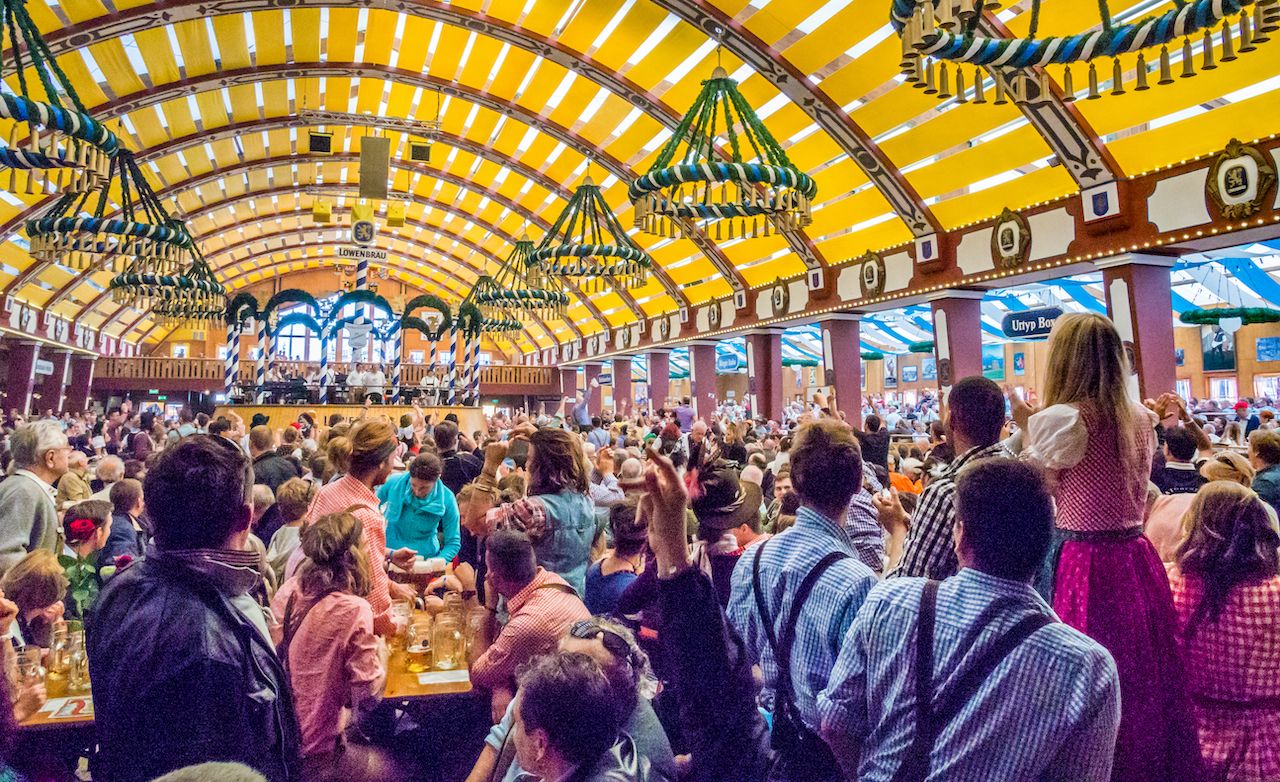Germany has some strange laws. It’s forbidden to make noise on Sundays, for example, and it’s illegal to run out of gas on the Autobahn. And then there’s the law governing one of the country’s most famous exports: the Reinheitsgebot, or the beer purity law.
“Thou shalt use no other piece than barley, hops, and water for making beer,” decreed Wilhelm IV, Duke of Bavaria in 1516. This rule was created as part of a general beer tax law for two key reasons: to protect the availability of grains and wheat for bread, and to keep ingredients out that might disguise a rotten beer.



